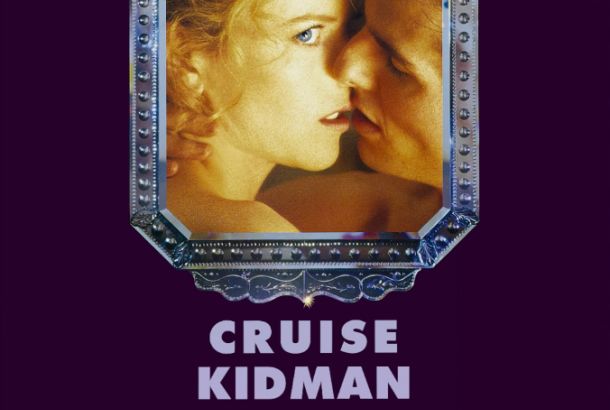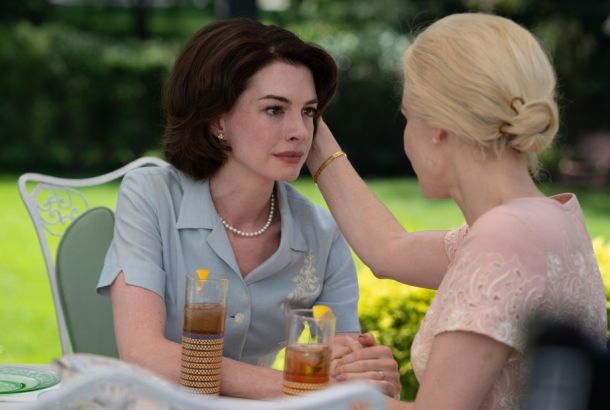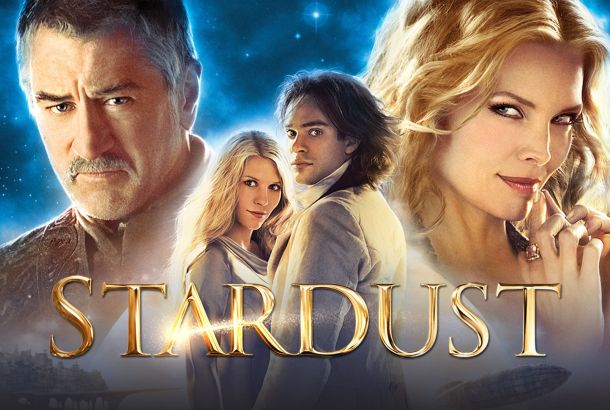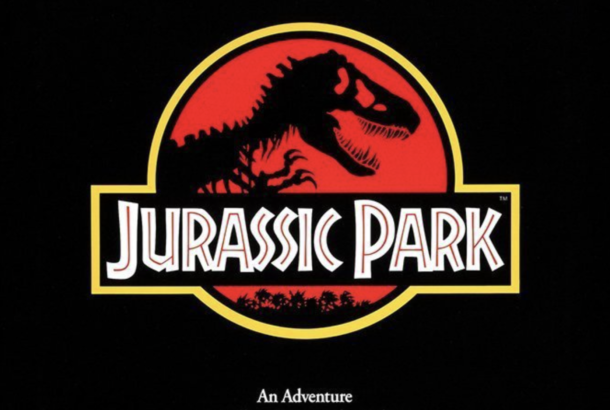Civil War review: In defence of A24’s gripping war epic
By Jacob Howard
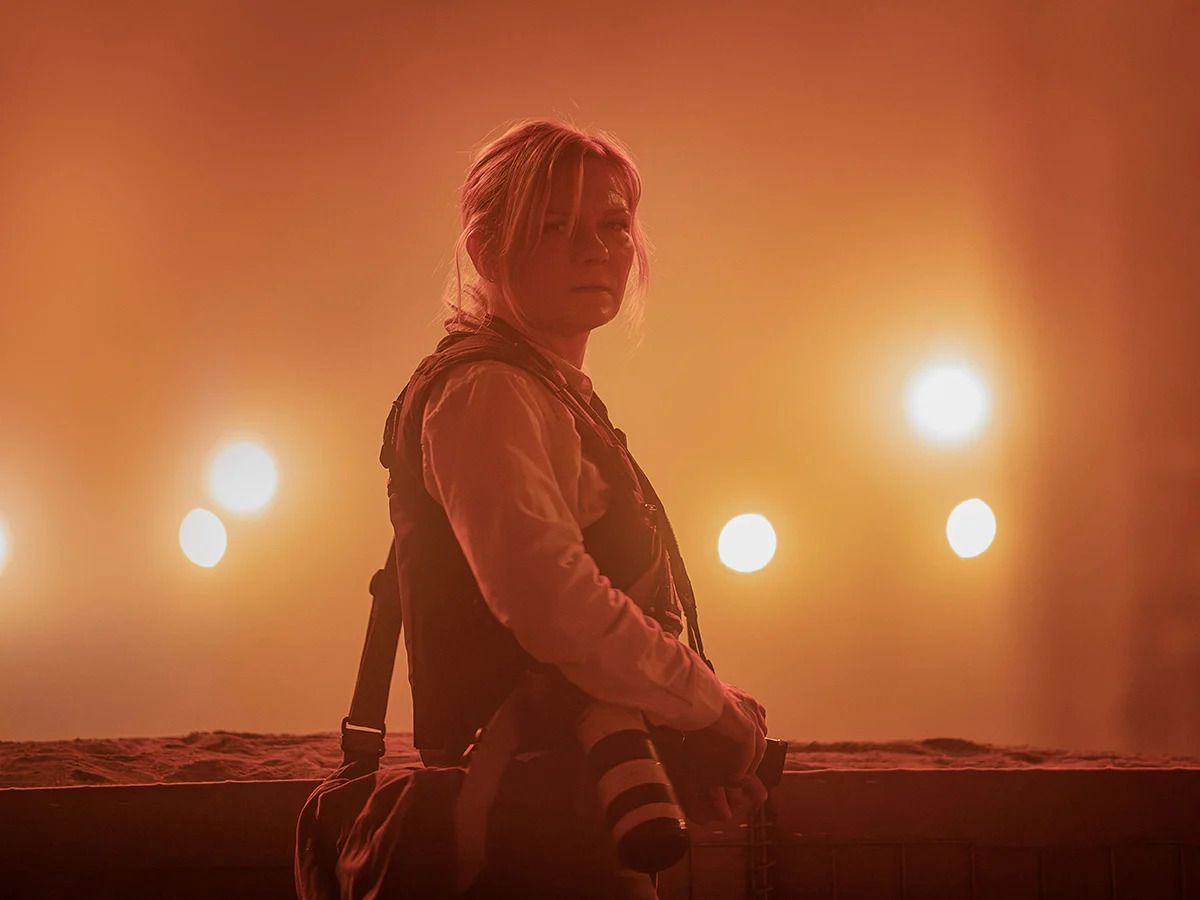
Set in a near-apocalyptic, divided America, Civil War follows journalists Lee, Jessie, Joel, and Sammy (Kirsten Dunst, Cailee Spaeny, Wagner Moura, and Stephen McKinley Henderson) in their quest to photograph and interview a warmongering third-term president as his regime crumbles. The A24 drama is hard-hitting and moving throughout, flooded with scenes of poignant intimacy, enthralling action, and a relevant message about the power of journalism and the mental/physical devastation wreaked by political conflict.
Leaving no horror to the imagination, Civil War is nothing short of visually haunting. Many shots induce a lasting stomach-sinking impression, with each graphic portrayal of violence feeling like a necessary inclusion to the portrayal of the inhumanity of war – something that the characters of the film spend their lives and careers trying to communicate to the world.
Dunst and Spaeny both unsurprisingly deliver impressive performances and consistently aid the construction of the interesting dynamic between their characters. Jessie, full of faith in the power of journalism and desperate to make an impact through photography, but with a lack of exposure (no pun intended), is a mirror that reflects Lee’s past self, who has been lost to the harrowing trauma of her work.
Both actors specifically shine in the film’s adrenaline-charged final act, an overwhelming crescendo that certainly does justice to the rising tension provided by the rest of the film. Their performances are also upheld by a stellar supporting cast, with regular scene-stealer Jesse Plemons leaving a lasting impression despite his very limited screen time.
A piercing use of sound design reinforces the emotive significance of the events that the characters encounter on their odyssey, steering the film away from the trap of romanticising or glamorising catastrophe that so many war movies seem to fall into. At times, the sounds are ear-splitting and their impact on the captivating affairs of the film cannot be understated.
Special mention should also be given to the soundtrack which, featuring artists such as De La Soul and Suicide, indisputably elevates the moments in which it is utilised. The sublime and almost surreal scene as the characters drive through a burning forest, at arguably the emotional peak of the film, unfolds as Sturgill Simpson’s sombre, euphoric, country track ‘Breakers Roar’ plays.
Yet, the reception following Civil War‘s theatrical release has been somewhat mixed, as many have taken issue with the film’s approach to the specifics of the conflict it displays, falsely labelling it as “apolitical”. Therefore, it feels necessary to suggest one crucial clarification: this is not a film about American politics.
Rather, it seems the setting of America acts primarily as an attempt to encourage a reflection in the minds of a Western audience upon whether the harrowing scenes seen across the globe would gain a new sense of urgency if they appeared on familiar ground. The mass dehumanisation of groups of people from war-ravaged areas has arguably led to desensitization concerning the catastrophe that we watch every day through screens.
Hopefully, films like this, which borrow the images from these foreign conflicts and place them on home soil, can play a positive part in the deconstruction of this alienation. Admittedly, this is a very dystopian concept, but I don’t get the sense that Alex Garland aims to accommodate a light, casual viewing experience with this film.
Of course, the setting is still undeniably a crucial part of Civil War, and as a result, the world that Garland creates is heavily informed by the current affairs of the USA. This is certainly not an aspect of the film that should be ignored – specifically against the context of the Republican Party’s ‘Project 2025’ plan, which feels like just another step towards the impending threat of a right-wing, authoritarian presidency. Through the film’s dialogue, the subtle reference to the dismantling of the FBI (one of the propositions featured in this project) is a harsh reminder of the severity of this proposal.
This decision to remain largely politically unspecific, therefore, is not an act of cowardice, lazy writing, or (possibly most insulting of all) an expression of political centrism or neutrality. Instead, Civil War refrains from focusing on American politics because its meaning lies in the importance of journalism and recording the truth in a divided society, rather than adding to this division and potentially scaring away an audience that the film yearns to reach.
Let this article be a recommendation of the strongest degree to watch Civil War in cinemas if you haven’t already. It provides a refreshing and gripping cinematic experience, complete with defined and relevant messages and a technical excellence that will leave you stunned.
5/5
